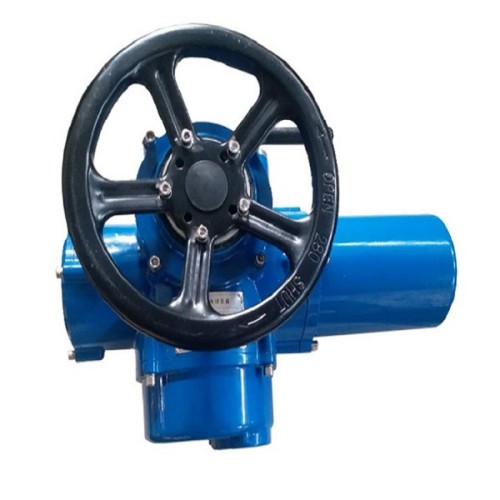High-Quality Forged Stainless Steel Flanges for Industrial Applications and Custom Solutions
Forged Stainless Flanges An Overview
Forged stainless flanges are critical components widely utilized in various industries, including oil and gas, petrochemical, water treatment, and food processing. These flanges serve as pivotal connections in piping systems, facilitating the secure joining of pipes, valves, pumps, and other equipment. The distinct features of forged stainless steel make it a preferred choice for applications that require strength, corrosion resistance, and durability.
Forging is a manufacturing process that involves shaping metal using compressive forces. This technique enhances the mechanical properties of the material, creating a product that is stronger and more reliable compared to its cast counterparts. This is particularly crucial in high-pressure and high-temperature environments, where flanges must withstand significant stress and potential failures.
Stainless steel is an alloy primarily composed of iron, carbon, and chromium. The presence of chromium provides a protective layer that prevents rust and corrosion, making it suitable for applications that deal with harsh chemicals or high saline environments. Forged stainless flanges can be made from various grades of stainless steel, including 304, 316, and 321, each offering different levels of strength and resistance to environmental factors. For instance, 316 stainless steel contains molybdenum, which enhances its resistance to pitting and corrosion, making it ideal for marine applications.
forged stainless flanges

The design of forged stainless flanges typically follows standards set by organizations such as the American National Standards Institute (ANSI), the American Society of Mechanical Engineers (ASME), and the International Organization for Standardization (ISO)
. These standards dictate the dimensions, pressure ratings, and material requirements for flanges, ensuring compatibility and safety in piping systems.Installation of forged stainless flanges is straightforward, requiring proper alignment and bolting to achieve a secure seal. Their solid construction allows for ease of maintenance, as they can be reused multiple times without significant degradation in performance. This longevity makes them a cost-effective option for many industries, reducing the need for frequent replacements.
In conclusion, forged stainless flanges represent a cornerstone in modern industrial piping systems. Their combination of strength, durability, and corrosion resistance makes them suitable for a wide range of applications. As industries continue to grow and evolve, the demand for robust and reliable components like forged stainless flanges will undoubtedly remain high. Understanding their properties, advantages, and manufacturing processes is crucial for engineers and professionals involved in designing and maintaining efficient and safe piping systems.
-
The Key to Fluid Control: Exploring the Advantages of Ball Valves in Industrial SystemsNewsJul.09,2025
-
The Versatile World of 1, 2, and 3 Piece Ball ValvesNewsJul.09,2025
-
Stainless Steel Ball Valves: The Ideal Choice for Efficient Flow ControlNewsJul.09,2025
-
Optimizing Fluid Control with Ball Float ValvesNewsJul.09,2025
-
Manual Gate Valves: Essential for Control and EfficiencyNewsJul.09,2025
-
Everything You Need to Know About Butterfly ValvesNewsJul.09,2025
-
The Versatility of Wafer Type Butterfly ValvesNewsJul.08,2025




